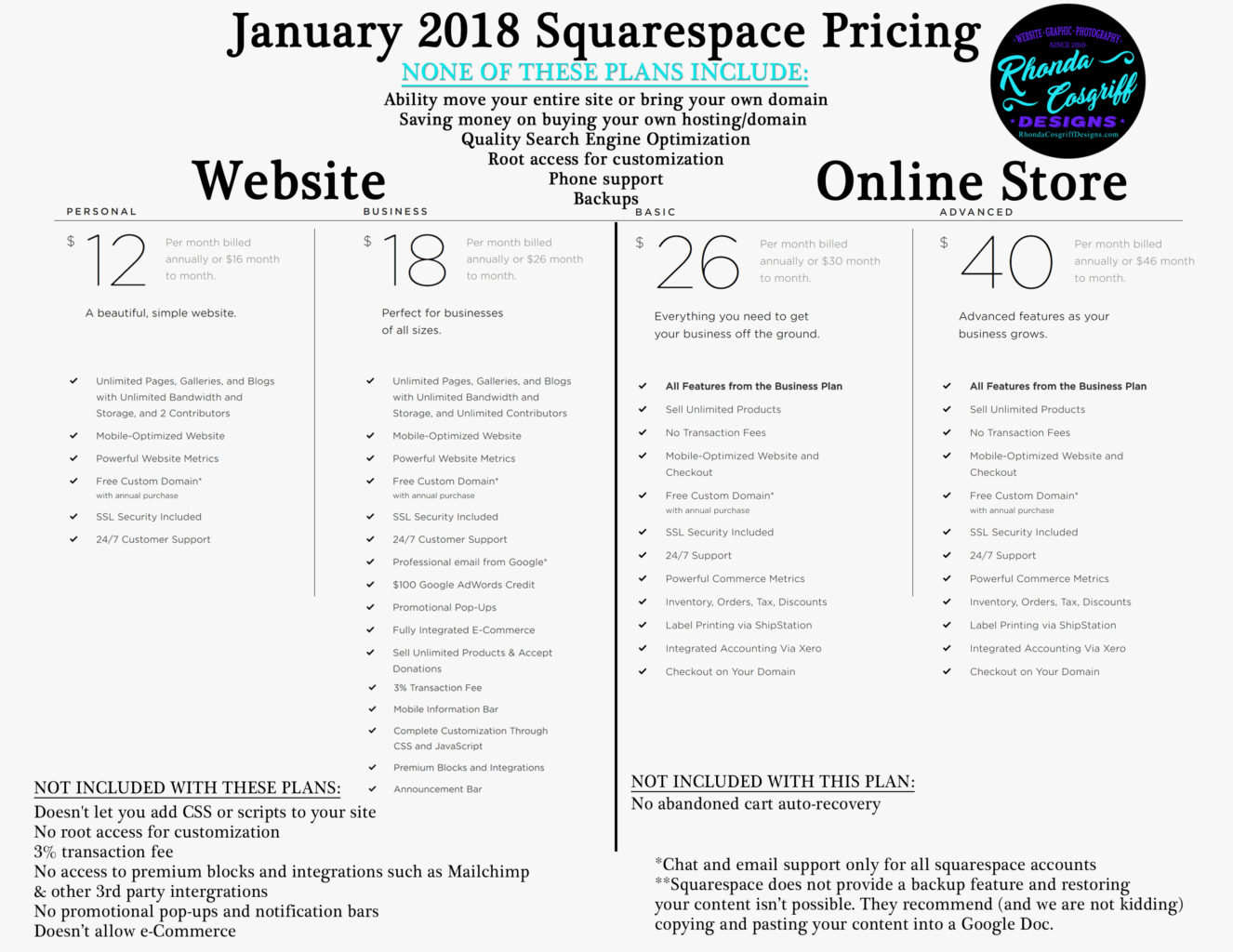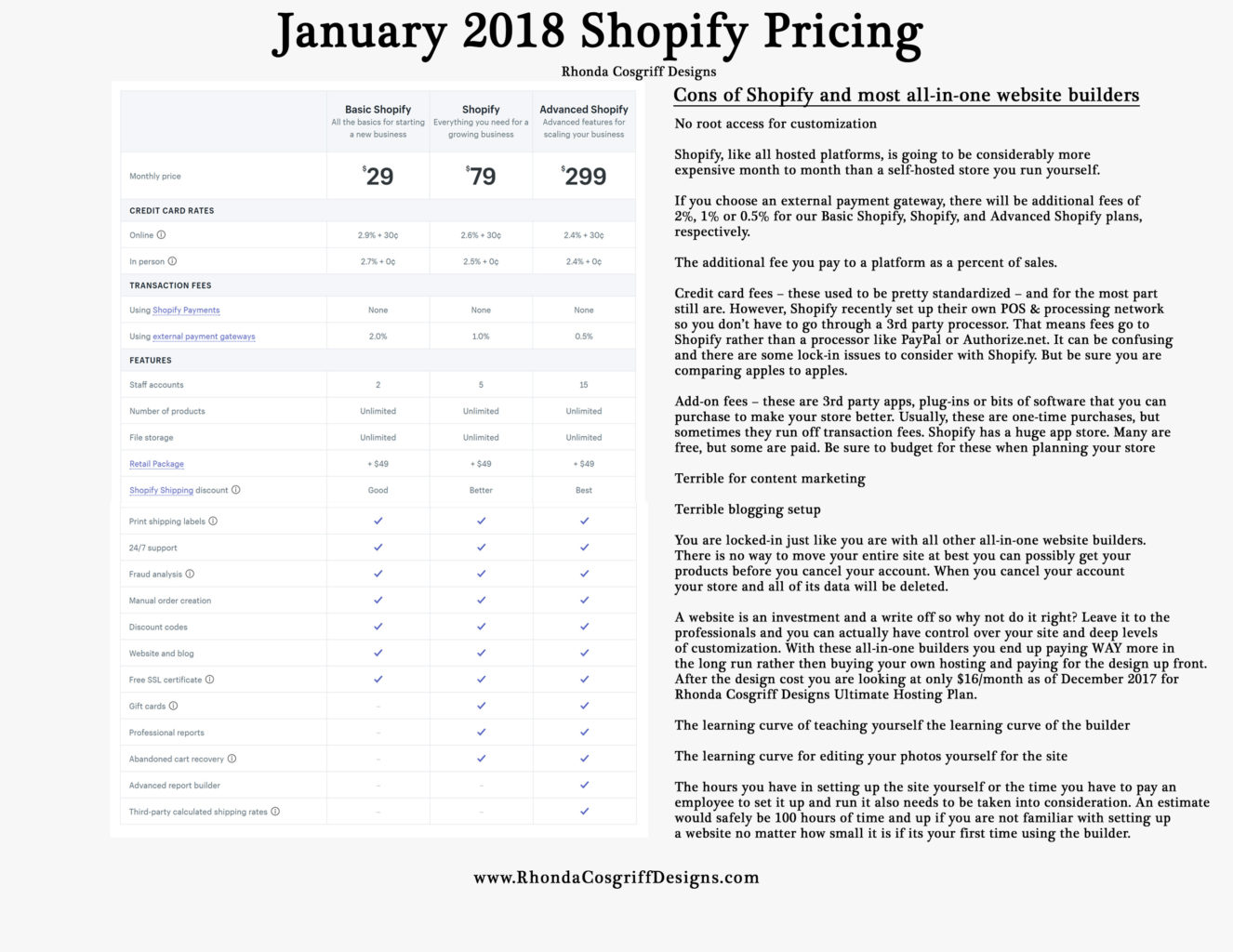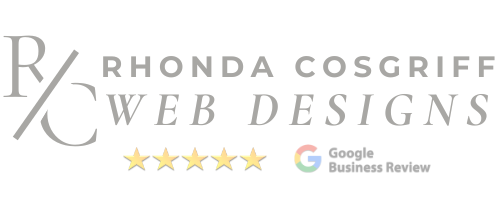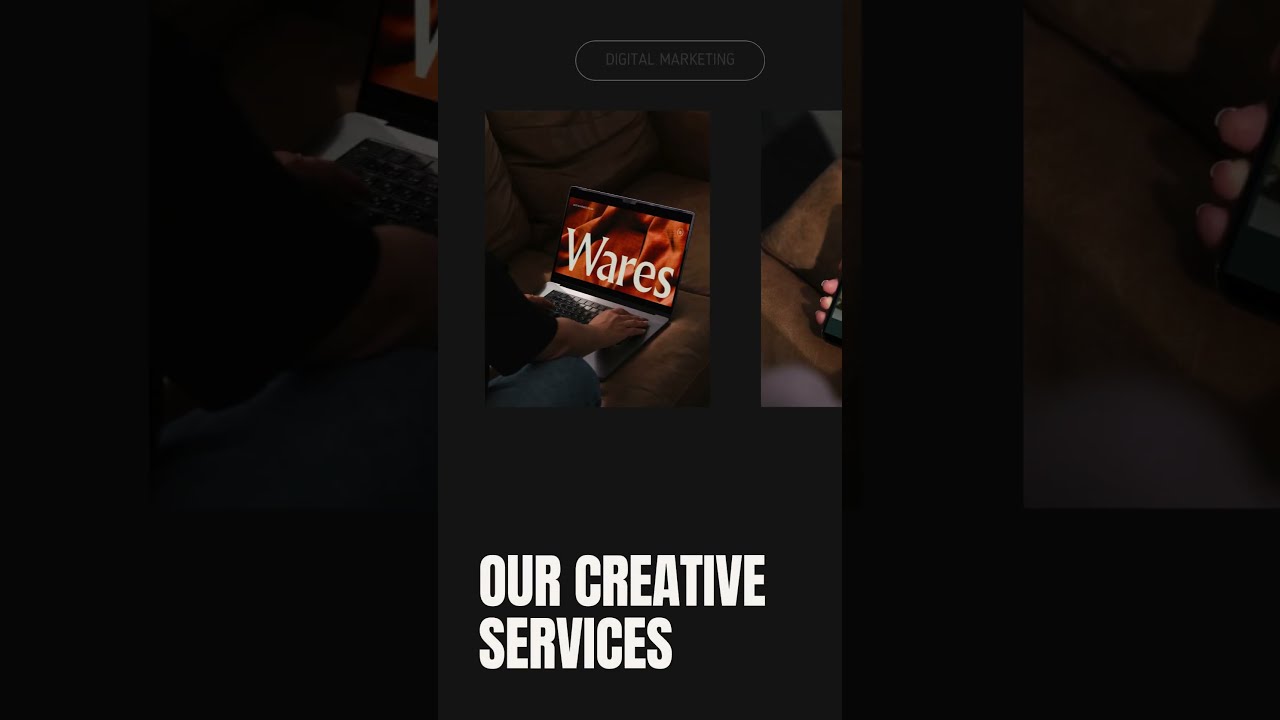2025 Update: Exploring the Downsides – Cons of Squarespace, Shopify, and Wix
While Squarespace, Shopify, and Wix remain popular choices for do-it-yourself websites, they continue to come with significant limitations that may impact your business’s long-term success. The biggest drawback? You don’t truly own your site. These platforms do not provide root access, meaning you’re limited in control, security, and flexibility.
If you’re considering one of these website builders, here’s an updated look at their downsides in 2025 to help you make the best decision for your business.
The Limitations of Squarespace
1. Limited Customization & Control
While Squarespace offers a user-friendly drag-and-drop interface, customization remains limited compared to self-hosted platforms. Users often hit a wall when trying to implement advanced functionality, integrate custom scripts, or modify backend code to better serve their needs.
2. E-Commerce Still Falls Short
Squarespace’s e-commerce tools remain underwhelming in 2025. While it allows online selling, its functionality is far from scalable for serious businesses. Users often run into issues with:
- Limited payment processing options
- Lack of automation for order fulfillment
- Basic inventory management
- Restricted third-party integrations
For businesses that rely on a robust e-commerce experience, Squarespace falls flat compared to dedicated solutions like WooCommerce or Magento.
3. Expensive for What You Get
The cost of running a Squarespace website long-term often exceeds the price of building a fully owned, custom website. With limited scalability, increasing costs, and transaction fees, many users find that after two to three years, they’ve spent more than what a professional website would have cost upfront.
The Challenges of Shopify
1. Higher Costs & Fees Continue to Add Up
Shopify continues to nickel and dime users in 2025. Between:
- Monthly subscription fees
- Transaction fees (if you don’t use Shopify Payments)
- Costs for essential third-party apps
- Additional fees for expanding features
… your monthly bill can quickly spiral beyond what you’d pay for a self-hosted e-commerce website.
2. Lack of True Ownership & Flexibility
Unlike platforms where you own your code and database (such as WordPress/WooCommerce), Shopify is a closed ecosystem. If Shopify decides to change its policies, increase fees, or remove features, you have zero control over your own store. Migrating away from Shopify is difficult, meaning you’re locked into their system.
3. Over-Reliance on Apps
Shopify’s app ecosystem is both a blessing and a curse. While apps extend functionality, many essential features require paid add-ons, leading to bloated costs and potential security risks from third-party developers.
If you need advanced e-commerce features, a fully owned, self-hosted solution like WooCommerce often provides more flexibility at a lower long-term cost.
The Considerations of Wix
1. Free Plan Still Comes with Unprofessional Branding
Wix still forces ads onto websites on its free plan, making it unsuitable for businesses that need a clean, professional look. Even on paid plans, removing Wix branding entirely requires higher-tier subscriptions.
2. Limited E-Commerce Capabilities
While Wix offers e-commerce tools, serious online stores struggle with:
- Limited scalability for larger product catalogs
- Basic payment processing options
- Lack of advanced features like multi-channel selling or automation
If you’re looking to build a serious online business, Wix won’t cut it in 2025.
3. Template Lock-In & Lack of Advanced Customization
Wix still relies on pre-built templates, limiting design flexibility. Once you choose a template, you can’t switch to another without rebuilding your entire site.
For users seeking complete creative control, Wix remains one of the most restrictive platforms in 2025.
In Conclusion – Do These Platforms Still Make Sense in 2025?
While Squarespace, Shopify, and Wix may seem like convenient choices, their long-term limitations make them poor investments for serious business owners. The lack of root access, high costs, restrictive customization, and platform dependence make them less ideal compared to fully owned solutions.
If true website ownership, flexibility, and cost-effectiveness matter to you, consider investing in a self-hosted website from the start. Your business deserves a scalable, future-proof foundation that you control.
Want a website that you fully own? Let’s talk. 💻



Discover more from Rhonda Cosgriff Web Designs
Subscribe to get the latest posts sent to your email.







